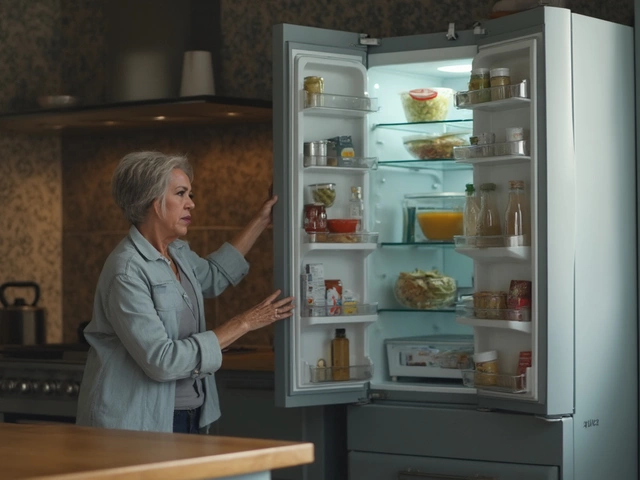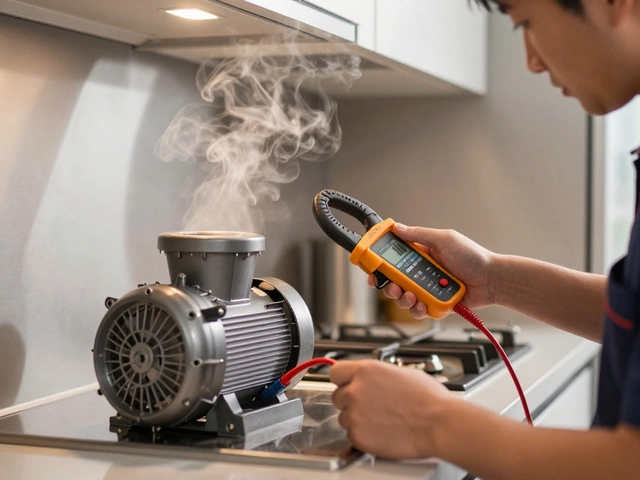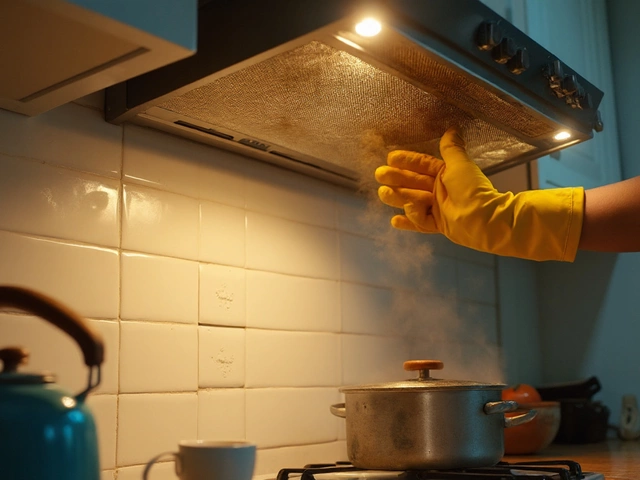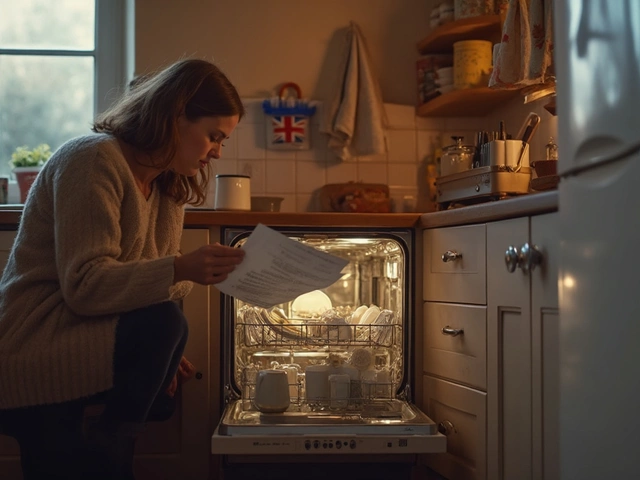Is an Electric Stove Repairable?
March 13 2025Replace vs Repair: How to Choose the Best Move for Your Appliance
Staring at a broken boiler, a lazy oven, or a noisy fridge can feel like a crossroads. Do you spend on a fix or splurge on a brand‑new unit? The answer isn’t always obvious, but you don’t need a PhD to figure it out. Below is a quick‑fire guide that lets you weigh cost, age, and performance in plain English.
Ask These Three Simple Questions First
1. How old is it? Most appliances have a sweet spot. Boilers typically last 12‑15 years, ovens around 10‑12, and freezers 15‑20. If your unit is past that window, replacement often wins.
2. What’s the repair bill? Compare the quote to a fraction of a new model’s price. If the fix is more than 40‑50% of a brand‑new unit, you’re probably better off swapping.
3. Is it safe and efficient? Leaking gas, broken heating elements, or a fridge that can’t keep food cold are safety red flags. Even a cheap repair can’t fix a hazard, so replacement is the smart choice.
Real‑World Appliance Stories
Take a 15‑year‑old boiler. A recent post on our site broke down the cost of a new high‑efficiency model versus a typical repair. The numbers showed a new boiler paid for itself in lower bills within a few years. Same pattern shows up with ovens: an 8‑year‑old unit with a bad heating element often costs more to fix than to replace, especially if the element is hard to get.
Freezers are another good example. If you spot frost buildup and the compressor is humming but not cooling, a repair might be cheap. But if the unit is over 15 years old and you’ve already replaced the seal and thermostat, the odds are the compressor is on its last legs – swapping saves you future headaches.
Even smaller gadgets matter. A pressure cooker that’s losing pressure can be a safety nightmare. Most experts recommend replacing after a few major fixes because the metal fatigues over time.
When you’re stuck, run a quick test: turn the appliance off for a day, then back on. If the problem disappears, it might be a simple maintenance issue – clean filters, defrost, or tighten loose wires. If it returns, you’re leaning toward a repair or replacement decision.
Remember, the cheapest fix today can become the most expensive problem tomorrow. A leaking water heater, for instance, can cause water damage that dwarfs the original repair cost.
Bottom line: combine age, repair cost, and safety. If two out of three point to “replace,” go for it. If the appliance is still young, the repair is cheap, and it runs safely, fixing it is the way to go.
Need a second opinion? Our certified gas engineers in Bedford can give you a free estimate and tell you exactly what makes sense for your boiler, oven, or any other gas‑powered appliance. Call us, and we’ll help you avoid wasteful spending while keeping your home comfy and safe.
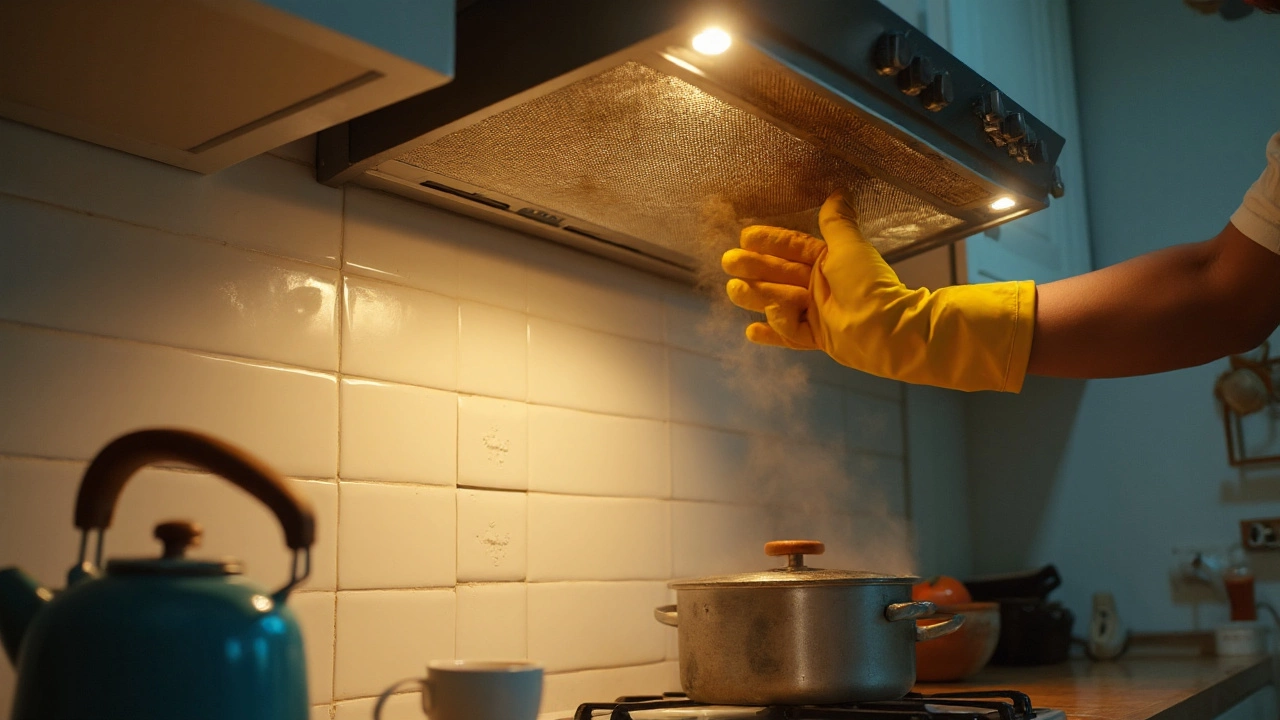 20 Sep
20 Sep
How Long Do Kitchen Extractor Fans Last? Lifespan, Maintenance, and Replacement Guide (NZ)
Wondering how long your kitchen extractor fan lasts? Get real lifespan ranges, what shortens or extends them, NZ costs, maintenance tips, and repair vs replace advice.
Read More...
